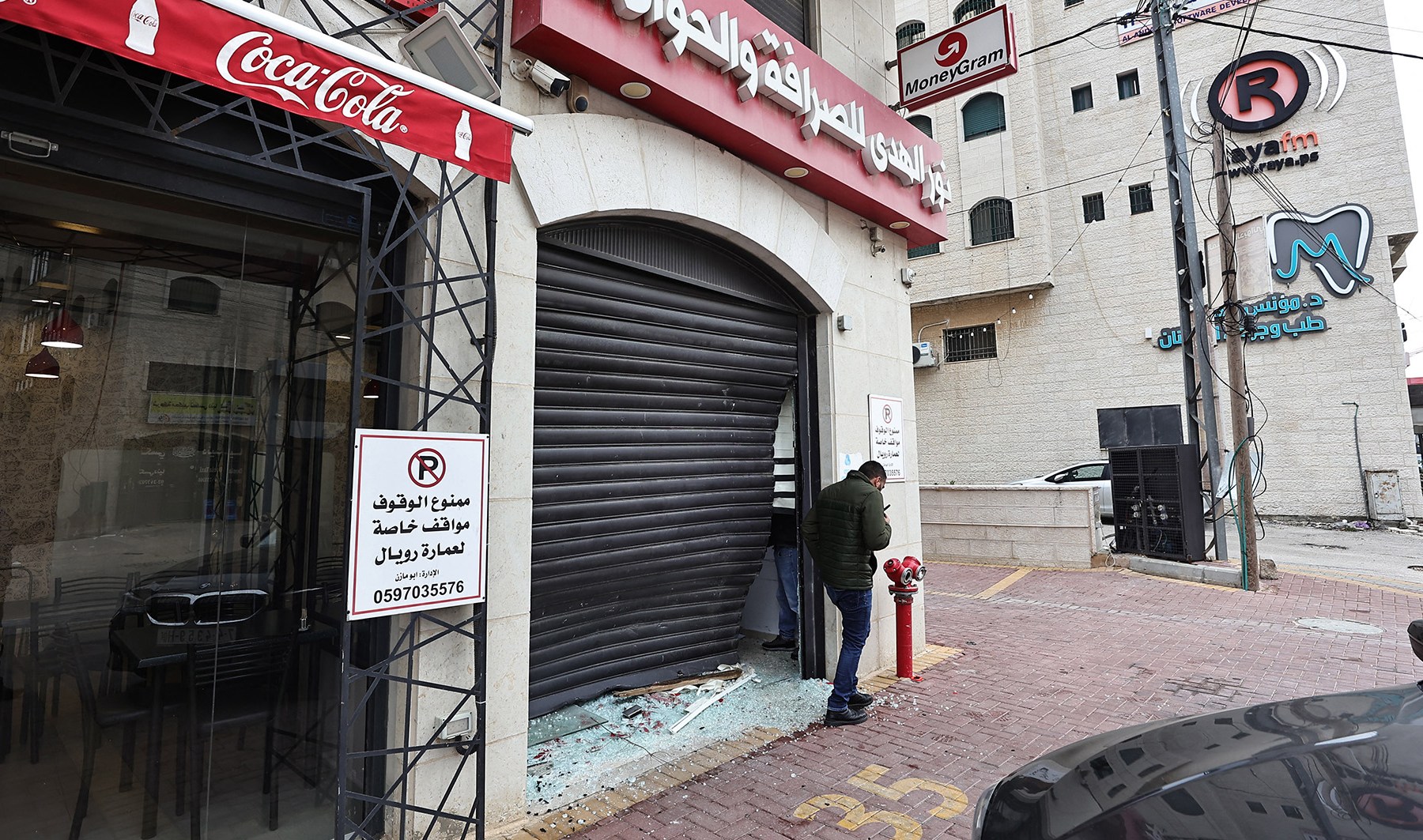Mass killings continue, risk of further ‘large-scale’ atrocities — Global Issues
The latest report from the International Commission of Human Rights Experts on Ethiopia documents atrocities perpetrated “by all parties to the conflict” since 3 November 2020 – the start date of the armed conflict in Tigray – including mass killings, rape, starvation, destruction of schools and medical facilities, forced displacement and arbitrary detention.
Commission Chair Mohamed Chande Othman said that violent confrontations were now “at a near-national scale” and highlighted “alarming” reports of violations against civilians in the Amhara region as well as on-going atrocities.
“The situation in Oromia, Amhara and other parts of the country – including ongoing patterns of violations, entrenched impunity, and increasing securitization of the State – bear hallmarked risks of further atrocities and crimes,” he warned.
Amhara: ‘mass arbitrary detention’
In the Amhara region, where the Government announced a state of emergency last month, the Commission said that it was receiving reports of “mass arbitrary detention” of civilians and “at least one drone strike” carried out by the State.
Multiple urban centres in the region are under curfew, and a militarized “Command Post” system without civilian oversight has been deployed. The Commissioners said “such structures are often accompanied by serious violations”.
“We are deeply alarmed by the deteriorating security situation in Amhara and the continued presence of risk factors for atrocity crimes,” they said.
Humanitarian needs in the region have surged. In early August WHO Director-General Tedros Adhanom Ghebreyesus said that the people of Amhara “could not bear another conflict”, emphasizing that almost two million required health assistance – a situation made even more complex by the influx of refugees from war-torn Sudan.
Tigray: intergenerational trauma
Turning to Tigray, Commissioner Radhika Coomaraswamy warned that rape and sexual violence against women and girls by Eritrean forces was “ongoing” in the region.
“The ongoing presence of Eritrean troops in Ethiopia is a clear sign not only of an entrenched policy of impunity, but also continued support for and tolerance of such violations by the Federal Government,” she said.
The Commissioner highlighted the trauma brought on by atrocities in Tigray, which is “likely to persist for generations”.
‘Flawed’ justice process
The Commissioners called for a “credible” process of truth, justice, reconciliation and healing, while pointing out the shortcomings of the consultation process initiated by Ethiopia’s Government.
Their report maintained that Ethiopia’s Government has “failed to effectively prevent or investigate violations” and has instead launched a “flawed” transitional justice process where victims “remain overlooked”.
The Commission
The International Commission was established by the UN Human Rights Council in December 2021 to conduct an impartial investigation into violations committed in Ethiopia since the start of the conflict in Tigray in November 2020.
It is composed of three human rights experts appointed by the President of the Council, who are not UN staff and do not receive a salary for their work.
Check out our Latest News and Follow us at Facebook
Original Source







